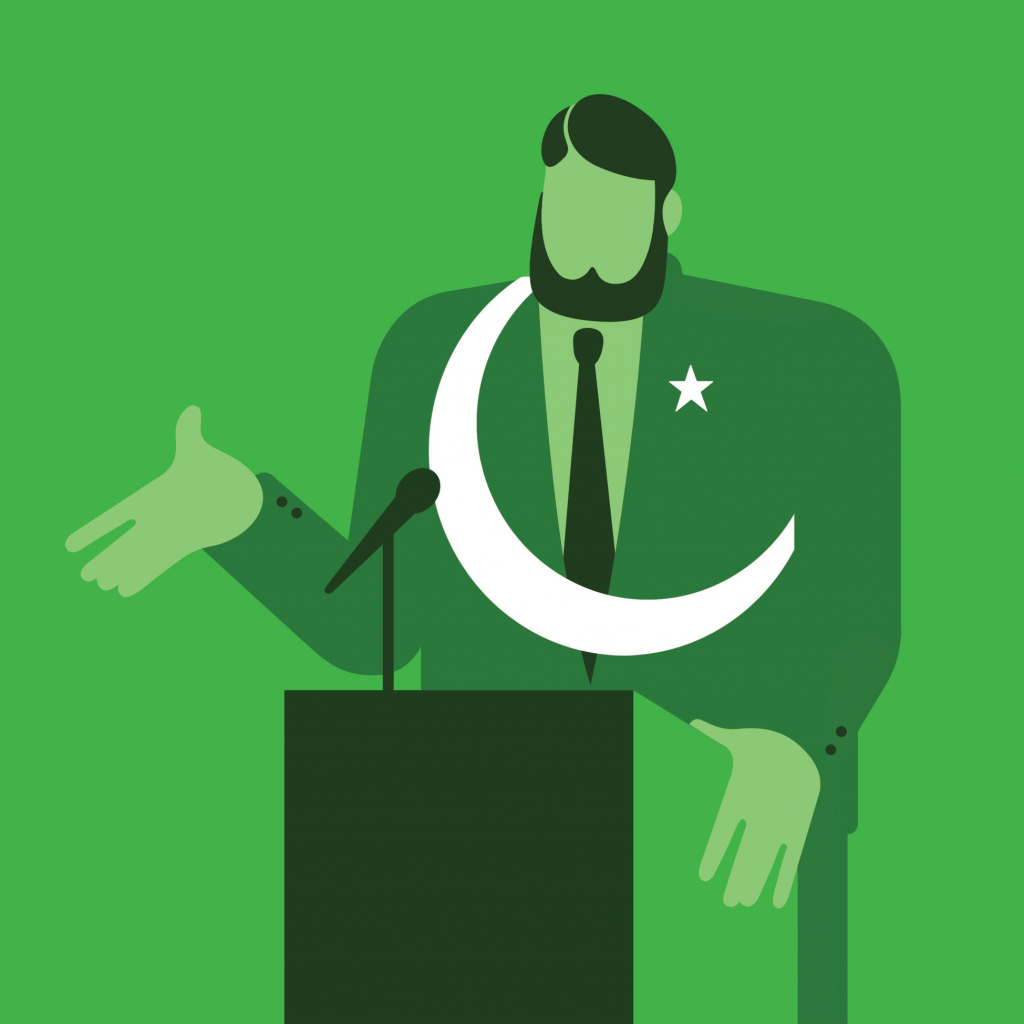“To understand Muslim politics is to look at the diverse methods by which people identify themselves as Muslims in various social locations, be they religious scholars, intellectuals, merchants, and so on, in understanding, utilizing and mobilizing the symbols and language of Islam around issues of social order, power, and authority..”

Reading comment on “thinking about Islam and politics in global perspective” by Peter Mandaville in Global Political Islam. Global Political Islam. London: Routledge, 2007.
Politics is an important aspect of living in the community as it organizes the community setting. Lately, the emergence of Muslim politics has attracted various scholars to discuss those movements, which also invites scholarly debates on them. Hence, it is important to discuss the rise of this movement through a deep understanding of Islam and politics, with acknowledgment of global issues and the diverse definitions of the terms related to Muslim politics, to gain a more comprehensive view in this discussion.
In his book “Global Political Islam”, Mandaville attempted to clarify the phenomenon of political Islam in this contemporary era by analyzing various scholars’ opinions that he generally described in the first chapter entitled “Introduction about Islam and Politics in global perspectives”.
In other words, this chapter specifically introduces his whole book by providing a discussion related to the discourses on Islam and politics, the debates on secularism and its relation to the Muslim world through the historical approach, and the appearance of both religion and politics in the social context, locally and globally.
In understanding the phenomenon of Muslim politics, Mandaville argued that politics is portrayed as a specific movement against the current political power, proposing different normative principles. In response, various groups are also rejecting that movement while advocating for individual piety because for them, Islamic environment is not marked by the implementation of top-down legislation but must be the collectivization of individual piety.
In other words, those groups, in this context, are also viewed as political movements because all aspects involved in advocating, maintaining, and proposing a certain vision of public morality and social structure are part of politics.
Furthermore, Mandaville discussed secularism and its role in the West, saying that secularization plays an important role in modern politics. The revival of secularism in the 15th century to the 17th century reconstructed the structure of the state through the rise of individuality, freedom of thought, and separation of politics from the church.
The relationship between the state and the church was strongly attached, and secularism changed it gradually. People started to believe that everything is not only determined and limited to God’s power because one can acquire the knowledge to control his surroundings. The knowledge then is based on empirical facts where people started to find the existence of God rationally.[1]
The case continued to be a religious conflict during the 17th century that ended up with the rise of liberalism, which emphasized individualization. For example, in France, religious activities must be done privately.
However, this phenomenon is unrelatable with Islam because it historically faced different issue. In explaining this idea, the author asserted the Talal Asad’s opinion, stating that Islam in the political context could not easily compared with the Western political context as it comes from different history.
Islam does not have a hierarchical institution like a church but has various ulama with different expertise as the authoritative subjects for the Muslims. The ulama was placed to be authoritative because Islam is portrayed to be universal where it relates to all aspects of life, including politics.
Nevertheless, it is undeniable that politics and religion seemed to be differentiated in the era after the prophet, particularly in the era of caliphates. Although secularism is unrelatable with Islam based on its history, it still affects to the Muslim world through the reformation of contemporary political Islam. Some scholars also discussed the urgency of adopting it in the modern era. As Na’im said secularism, in some extents, has a significant mutual relationship with the religion.[2]
Furthermore, there is no specific guidance of political principles written in the scriptures that invites various interpretation (ijtihād) in defining politics within the Muslim scholars. These interpretations that later influence people to form the political movements such as Ikhwanul Muslimin, al-Qaeda and many more.
The author classified those classical movements into Muslim politics rather than political Islam. For him, Muslim politics means the political ideas derived from Muslims, while political Islam focuses on concepts derived from Muslims who are only involved in political settings.
Hence, to understand Muslim politics is to look at the diverse methods by which people identify themselves as Muslims in various social locations, be they religious scholars, intellectuals, merchants, and so on, in understanding, utilizing and mobilizing the symbols and language of Islam around issues of social order, power, and authority.[3]
In this discussion, earlier scholars have also emphasized that Muslim politics is influenced by various factors such as economic conditions, national identities, and social aspects.[4] As time passed, the trend of globalization – where nothing limits the world boundaries by the development of technology — influenced people to form a new political movement.
The author comprehensively provides data on the relationship between religion, politics, and social spheres. The strength could also be found in his structured analysis by exploring the political issues in the history of the West and Islam to gain detailed results.
The author seems to put everything based on its context to open the readers’ minds in overviewing the phenomenon. For instance, he emphasized that talking about Islam is not always about the Middle East because most Muslim populations are from Asia, not even the Middle East.
However, this chapter has not clearly explained the understanding of Muslim politics from a global perspective, which requires the reader to read other chapters completely to reach a complete understanding. Also, this chapter does not specifically explain state formation, which is also important to grasp the political system. (NSS)
Footnote:
[1] Peter Mandaville, Global Political Islam (London: Routledge, 2007), 8, https://doi.org/10.4324/9780203358511.
[2] Abdullahi Ahmed An-Na’im, Islam and the Secular State: Negotiating the Future of Shari’a (Harvard University Press, 2008), 41.
[3] Mandaville, Global Political Islam, 20.
[4] Dale F. Eickelman, James Piscatori, and James P. Piscatori, Muslim Politics (Princeton University Press, 2004), ix.

